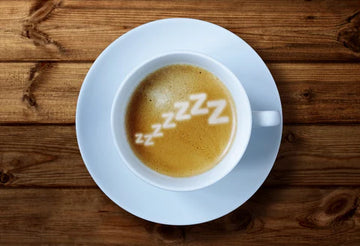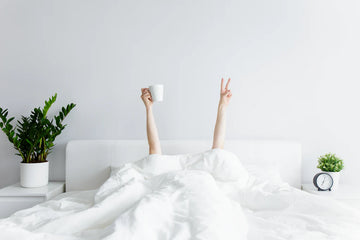Understanding Caffeine’s Effect on Sleep
Caffeine reaches its peak level in your blood within 30-60 minutes and can take up to 24 hours to clear from your system. It blocks adenosine, a neurotransmitter that promotes sleep, thereby delaying sleep onset and reducing sleep quality. This disruption can lead to a cycle of daytime tiredness and increased caffeine consumption to compensate.
How Much is Too Much?
Sensitivity to caffeine varies, with factors like smoking and age affecting its impact. Food Standards Australia and New Zealand (FSANZ) notes that caffeine doses around 210 mg per day (roughly three cups of instant coffee) can increase anxiety levels in adults.
Managing Caffeine Intake
To minimize sleep disruptions, consider these tips:
- Limit coffee consumption to the morning or early afternoon.
- Gradually reduce intake rather than stopping abruptly to avoid withdrawal symptoms.
- Explore decaffeinated options if you enjoy coffee later in the day.
“There are different views on how many hours before bed you should have your last caffeine intake. Some say caffeine should be avoided for at least 3 to 7 hours before going to sleep. Others say no caffeine after lunch time if you have sleep problems. Many people find that their sleep improves with less caffeine or only having caffeine earlier in the day.” - Sleep Health Foundation
Remember, a good night's sleep contributes to overall well-being, so adjusting your caffeine habits can be a beneficial step toward healthier living.







